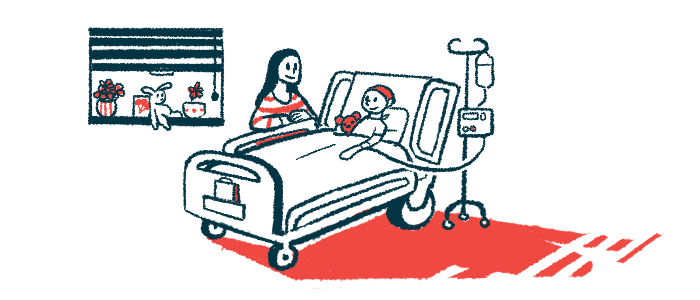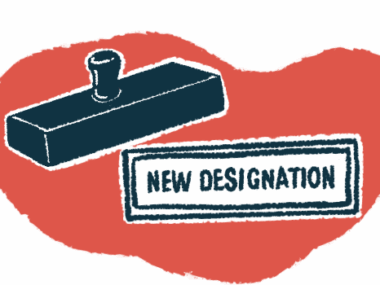BCB-276 cell therapy for pediatric brain cancer gets new FDA status
CAR T-cell therapy shows potential overall survival benefits in Phase 1 trial
Written by |

BCB-276, an experimental cell therapy that Brainchild Bio is developing for diffuse intrinsic pontine glioma (DIPG), has been named a regenerative medicine advanced therapy by the U.S Food and Drug Administration (FDA).
This designation, abbreviated RMAT, is given by the FDA to experimental therapies that have shown early clinical promise for addressing unmet needs in the treatment of serious conditions. Investigational therapies granted the designation get perks such as more intensive communication with the FDA during the development process. The objective is to speed up the development of potentially-important new therapies.
The FDA recently granted BCB-276 its breakthrough therapy designation, which is also meant to accelerate the development of new treatments that have the potential to address unmet needs in the treatment of serious disorders.
“We are very pleased to now also receive RMAT designation, less than one month after being granted Breakthrough Therapy designation from FDA for our lead CAR T therapy, BCB-276, for the treatment of DIPG,” Michael Jensen, MD, founder and chief scientific officer of Brainchild, said in a company press release. “Receiving designations from two independent reviews within FDA further validates the positive CAR-T clinical results achieved by our team to date and the urgent need for a treatment for DIPG.”
BCB-276 targets protein found at high levels on DIPG cells
BCB-276 is an autologous CAR T-cell therapy, in which immune cells called T-cells are collected from a patient, then are engineered with a human-made protein called a chimeric antigen receptor (CAR). The CAR directs the cells to attack B7-H3, a protein found at high levels on DIPG cells. The modified T-cells are then infused into the fluid that surrounds the brain and spinal cord so that they can go after the cancer cells.
A Phase 1 clinical trial (NCT04185038) conducted by Seattle Children’s Hospital showed that BCB-276 could be safely given to children and young adults with DIPG, which is an aggressive type of brain cancer that mainly affects young people. The therapy also showed potential overall survival benefits in this population.
“It’s gratifying to see another important benchmark reached in our work to combat pediatric brain cancer,” said Jeff Sperring, MD, CEO of Seattle Children’s. “Our research is the foundation of progress to bring potential therapies to kids as fast as we can — and we’re excited about the possibilities afforded by this designation.”
Brainchild is now planning a Phase 2 clinical trial, which the company hopes to start before the end of 2025. If the Phase 2 results are positive, the company hopes to use the data as a basis to apply for FDA approval of BCB-276.
“Our team is keenly focused on initiating the pivotal Phase 2 trial by the end of this year and look forward to continuing to work with the FDA on an accelerated path forward to bring potential new CAR-T treatments for [central nervous system] brain tumors in children and adults,” Jensen said.




